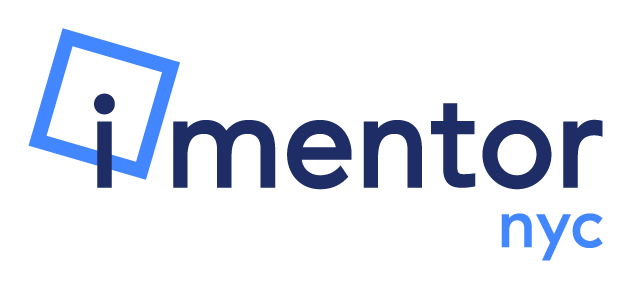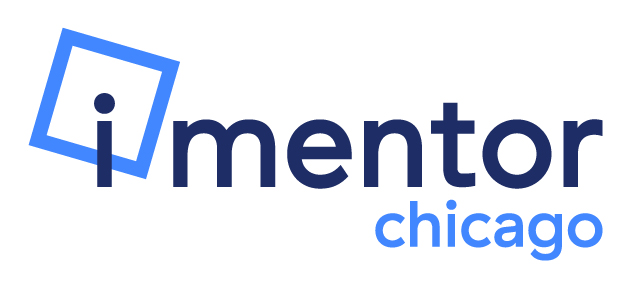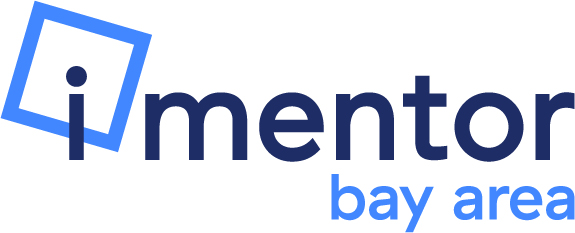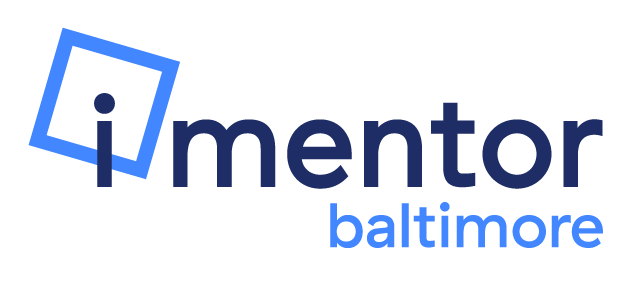Ensuring the security and wellness of our participants is of the utmost important to iMentor; we prioritize creating a safe, healthy, and happy environment in which our mentees can pursue their interests. As a mentor, you play a role in stewarding the safety of your mentee by following program boundaries and rules and frequently communicating with iMentor staff.
This article will outline the most important rules, expectations, and boundaries for a healthy and safe mentor/mentee relationship in our high school program. All high school mentors in the program are required to follow these rules. If you have any questions, please feel free to reach out to your Program Manager.
Are you a PSP mentor? Please check out the page for Boundaries and rules for interacting with your PSP mentee.
Online Communication
The iMentor platform and application are the primary methods for communicating with your mentee. They are monitored by iMentor and school staff and allow pairs to focus on engaging with our college and career curriculum.
- Mentors and mentees MAY NOT follow each other over any social media platforms (Instagram, TikTok, Facebook, twitter, etc.)
- Mentors and mentees MAY NOT communicate over personal email accounts (gmail, outlook, etc.)
- If your mentee attempts to follow you on social media or reach out to you via personal email, do not respond back and instead contract your Program Manager. They will make sure your student is aware it is an iMentor rule.
Behavior and Boundaries
As a mentor in the program, we expect you to model appropriate behavior in person and online and keep top of mind that the focus of your pair relationship should be the aspirations and wellbeing of your mentee.
The following behaviors are not allowed:
- Directing your mentee to any web sites, books, or other materials that contains objectionable or adult content (ex. Illicit substances, sexually explicit language), or bringing up those topics in conversation. If as a mentor you are unsure about whether material is appropriate for your mentee, contact your Program Manager.
- Engaging in any inappropriate communication with students. Inappropriate communication includes, but is not limited to: verbal abuse, swearing, and racist, sexist, homophobic, or otherwise prejudiced language toward your mentee or others. If as a mentor you are unsure about whether something is appropriate for your mentee, contact your Program Manager.
- Disrespecting or dismissing the cultural, religious, and economic differences, ideas, and values of your mentee, their classmates, and their families.
- Communicating with your mentee outside of the approved methods (See Additional Communication Rules below).
- Exposing your mentee to inappropriate or illegal activities (taking your mentee to spaces that are not age appropriate, sharing illicit substances, etc.).
- Ignoring the iMentor guidance on giving gifts to your mentee (See Gift Giving Rules below).
- Ignoring the iMentor guidance on Pair Expeditions and meeting with your mentee outside of approved methods (See Pair Expedition Rules below). This includes visiting a mentees home, having a mentee visit your home, or transporting a mentee in a personal vehicle of any kind.
- Attempting to discourage participation in and engagement with iMentor and school staff entrusted with monitoring the pair relationship.
- Disregarding or defying any of the explicit or implicit iMentor boundary rules provided to you by your Program Manager.
If your mentee exhibits any of the above behaviors, you must notify your Program Manager immediately.
Student Health and Wellness
Mentors are one part of a large and multifaceted support system for their mentees; mentors join teachers, Program Managers, school counselors, and mentee’s families in supporting each mentee individually. Your mentee may share information about their physical, mental, or emotional health that requires additional support. Your role as a mentor is to flag any concerning behavior or communications directly to your Program Manager; mentors are not positioned or expected to serve a counseling function or solve issues for students on their own.
Some examples of times to reach out to your Program Manager include:
- If your mentee suggests through thought or action that they may be thinking of hurting themselves or someone else.
- If your mentee suggests through though or action that they may be in a dangerous situation (at school, after school, at home, etc.).
- If your mentee shows significant behavioral changes in the way they communicate or show up within the mentoring relationship.
- If your mentee suggests through thought or action that they do not have a safe or consistent place to stay at night.
- If your mentee suggests through thought or action that they are having food scarcity concerns.
In such cases, your responsibility as a mentor is to contact your Program Manager to share the information. Your Program Manager will activate the appropriate network of supports that are already in place for your mentee. Do not attempt to handle these cases on your own; failure to reach out to your Program Manager if you learn about any of these issues may harm your mentee and could result in your removal from the program.
Region specific iMentor Rules
In addition to the above expectations, each region at iMentor has some expectation unique to their school district and location. Please select your region below to learn more about the Additional Communication Rules, Gift Giving Rules, and/or Pair Expedition Rules for your region.
Click Below to navigate to a region specific safety pages with the following content:
 |  |  |  |

